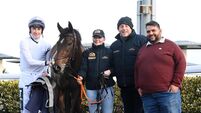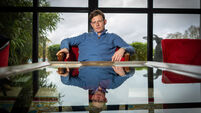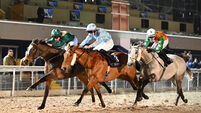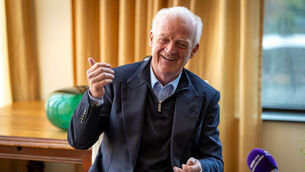I had lost a complete year of my life, says Richard Dunwoody of concussion effects
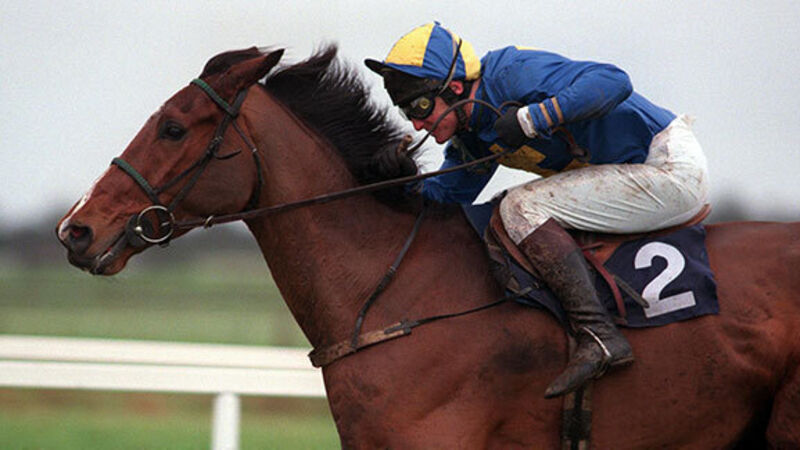
He appeared in Strictly Come Dancing seven years ago, having followed in the footsteps of Ernest Shackleton the year before by completing a 48-day trek to the South Pole. An acclaimed photographer, he moonlights as a motivational speaker and holds other business interests besides.
Yet he worries about his future.




